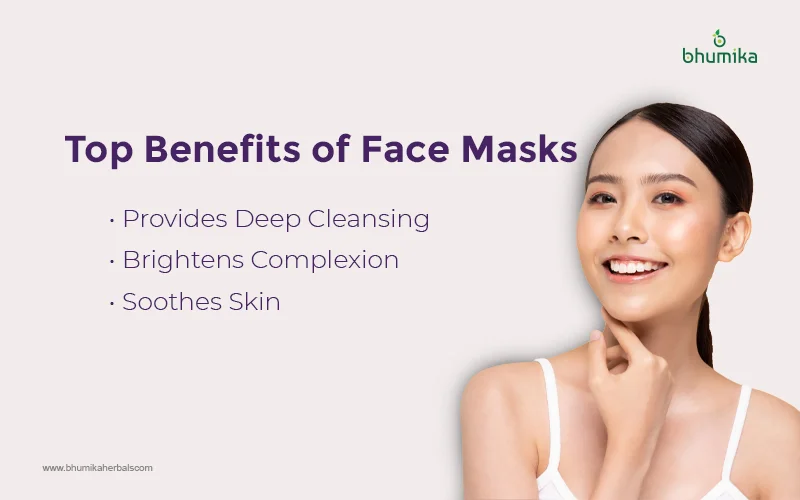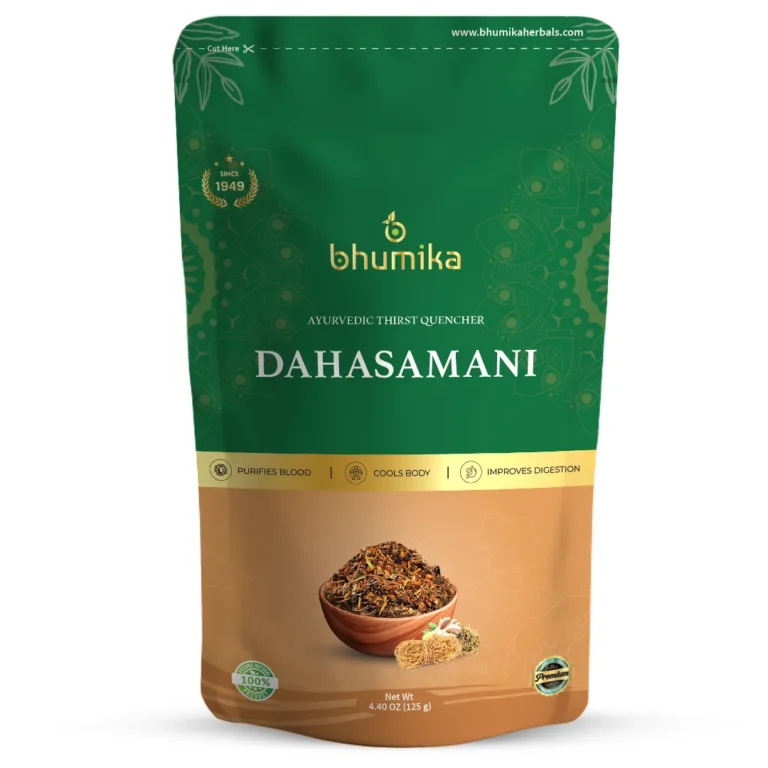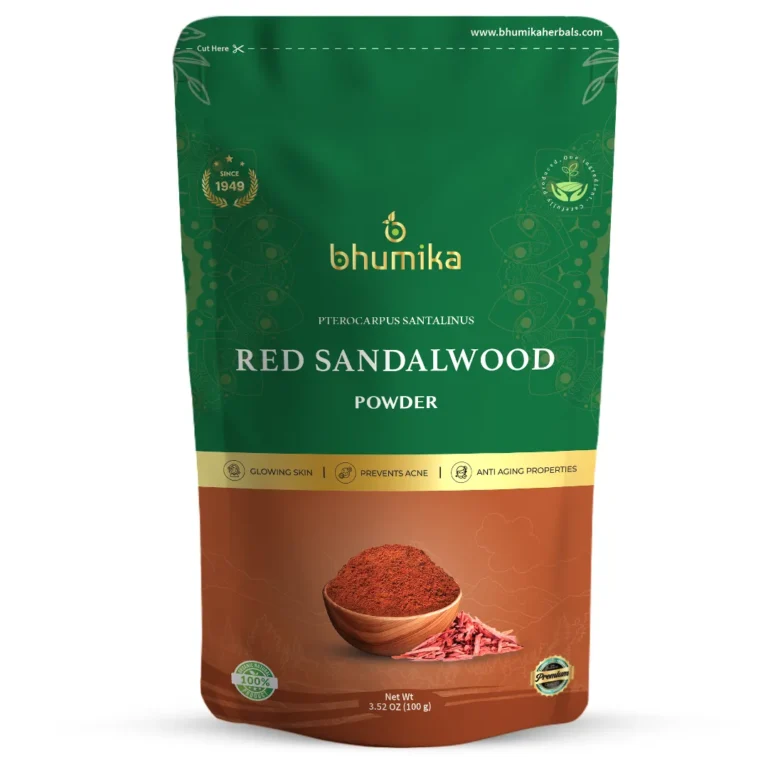Benefits of Face Masks for Oily, Dry & Sensitive Skin
Share this!

Nothing is more effective and relaxing than a facial mask. Whether you’re dealing with dryness, fine lines, enlarged pores, or acne, there are many face masks that can address various skin concerns.
From deeply cleansing your face to providing hydration, the benefits of face masks are numerous. Continue reading this article to learn the benefits of face masks and different types of face masks, which also list the face masks that suit each skin type.
Top Benefits of Face Masks

Here are some of the remarkable benefits of face masks:
Provides Deep Cleansing
Your daily cleansing routine may not be effective in removing dirt and impurities trapped deep within your pores. Face masks will provide a deeper cleanse and help remove dead skin cells. They can penetrate the pores, leaving your skin clean, refreshed, and radiant.
Offers Relaxation
There is nothing more relaxing than treating yourself to a face mask. Your hectic schedule and stressful life can affect your skin, making it appear dull and lifeless. Applying a face mask is a great way to unwind and allow your skin to restore its lost glow.
Hydrating and Moisturizing
Face masks are formulated to nourish and retain your skin’s moisture, which makes them particularly useful for individuals with dry skin. Face masks contain ingredients that can deeply penetrate your skin, provide deep hydration, and leave your skin soft, plump, and radiant.
Detoxifies and Purifies Skin
Face masks work by removing toxins and excess oil from the skin. These masks can deeply cleanse the pores, extract impurities, absorb excess sebum, and boost blood circulation, leaving the skin refreshed and healthy.
Anti-Ageing
Certain face masks are designed to prevent the signs of aging, including fine lines and wrinkles. Face masks containing antioxidants and skin-renewing ingredients can improve the skin texture and promote a youthful appearance.
Brightens Complexion
Face masks with Vitamin C and niacinamide as ingredients will help reduce dark spots and improve the skin’s natural glow, resulting in a brighter and even complexion.
Boosts Skincare Product Absorption
As face masks help unclog pores and eliminate dead skin cells, they promote the absorption of skincare products, maximizing their effectiveness.
Reduces Enlarged Pores
Masks like Clay and peel-off masks, which are ideal for oily or combination skin, can help tighten and reduce the appearance of enlarged pores and improve overall smoothness.
Prevents Acne and Blemishes
Anti-acne masks formulated with salicylic acid or tea tree oil can prevent breakouts, reduce inflammation, and regulate excess oil.
Soothes Skin
Face masks with aloe vera, chamomile, and green tea as ingredients can soothe irritation, reduce redness, and relieve sensitive skin.
Types of Face Masks
With so many face mask options available, choosing the right face mask for your skin type and concerns is important. Given below are some of the different face mask types:
Gel Mask
Gel masks resemble a jam or jelly texture. The lightweight texture of gel masks makes them perfect for oily to normal skin. Many gel masks contain astringent ingredients like raspberries and blackberries, which help regulate the excess oil from the skin and tighten pores. Face masks with hydrating ingredients like stone fruit and honey can restore dry skin.
Cream Masks
Cream-based masks have a rich, heavy-moisturizer-like texture, making them ideal for hydrating and replenishing the skin. It can restore moisture and essential nutrients, leaving your skin plump, soft, and youthful. From preventing signs of ageing to treating irritation and dryness, these masks can cure many skin problems.
Clay Masks
The ability of clay to absorb, exfoliate, and tighten the skin can treat acne-related concerns like excess oil and irritation. Moreover, a clay mask can be used on targeted areas, making it an effective spot treatment.
Exfoliating Masks
Exfoliating masks improve your skin’s natural renewal by removing dead skin cells. These masks are similar to chemical peels, which contain beta or alpha-hydroxy acids that break down and clear away dead cells from the skin’s surface.
Warming Masks
When applied to the skin, spices such as cinnamon and paprika create a warming and tingling sensation. This reaction is due to increased blood circulation in the area, which gives a natural glow. After 20 to 60 minutes, the skin looks clean and refreshed. However, those with sensitive skin should not use a warming mask to avoid irritation.
How to Choose the Right Face Mask for Your Skin Type

Here’s a list of some face masks to help you find the perfect one based on your skin type and different skin needs:
Face Masks for Oily Skin
- Charcoal Mask: Helps unclog pores and removes excess oil.
- Clay Mask: Can absorb sebum and prevent acne.
- Tea Tree Mask: Treats acne-causing bacteria and reduces inflammation.
- Salicylic Acid Mask: Exfoliates dead skin cells and regulates oil production.
- Sulfur Mask: Treats acne and eliminates impurities for a clearer complexion.
Face Masks for Dry Skin
- Hydrating Sheet Mask: Offers instant moisturisation, and skin looks plump.
- Cream Mask: Packed with emollients that offer nourishment and relieve dryness.
- Hyaluronic Acid Mask: Provides deep hydration and retains moisture.
- Avocado Mask: Rich in essential fatty acids that can restore the skin’s moisture barrier.
- Honey Mask: A natural humectant that softens and hydrates skin
Face Masks for Normal Skin
- Vitamin C Mask: Promotes a radiant and brightening complexion.
- Gel Mask: Offers Hydration and maintains the skin’s natural balance.
- Papaya Enzyme Mask: Exfoliates your skin gently and offers smooth skin.
- Rose Mask: Soothes, hydrates, and boosts a natural glow.
- Collagen Mask: Improves firmness and revitalizes to get youthful-looking skin.
Face Masks for Combination Skin
- Multi-Masking (Clay + Hydrating Mask): The clay mask absorbs oil in the T-zone, while the hydrating mask can nourish dry areas.
- Niacinamide Mask: Regulates oil production and reduces pores.
- Charcoal and Honey Mask: Detoxifies and hydrates skin.
- Green Tea Mask: Reduces inflammation while maintaining a balance between oily and dry areas.
- Seaweed Mask: Controls oil production and provides hydration for balanced skin.
Face Masks for Sensitive Skin
- Calming Oat Mask: Soothes irritation and reduces redness.
- Aloe Vera Mask: Hydrates and calms inflamed skin.
- Cucumber Mask: Offers a cooling effect and relieves puffiness.
- Chamomile Mask: Its anti-inflammatory properties can protect and soothe sensitive skin.
Centella Asiatica Mask: Known for its healing benefits, it helps reduce sensitivity.
How Often to Use a Facial Mask
When deciding how often to use a face mask, it is important to consider your skin type:
- Oily or acne-prone skin can use a face mask 2-3 times weekly to help regulate sebum production and reduce breakouts.
- Dry or sensitive skin should apply a face mask once a week to prevent irritation and maintain the skin’s natural moisture balance.
The Bottom Line
Facial mask is a simple and effective skincare routine that cleanses, nourishes, and improves your complexion. The benefits of face masks include intense hydration, exfoliation, and preventing signs of ageing. Beyond their skincare benefits, they are an excellent way for relaxation, helping you unwind while improving your complexion. So, find the perfect mask for your skin type, consistently follow your skin care routine, and get healthier and radiant skin.
Related Topics
| Homemade Face Packs for Oily Skin | Anti Aging Face Packs |
| Skin Care Tips for Summer | Exercise for Glowing Skin |
Frequently Asked Questions on Benefits of Facial Mask
Can I leave a sheet mask on too long?
If a sheet mask is kept for too long, it will begin to dry out. As a result, it may start to re-absorb the serum initially delivered to your skin. It may even draw moisture away from your skin, leading to dehydration.
Are expensive masks worth it?
The expensive face mask does not necessarily need to be the most effective. The effectiveness of a mask depends more on its formulation than its cost. Moreover, not all masks will suit your skin, regardless of price. So, to find the best mask within your budget, look for masks with beneficial ingredients that suit your skin type.
Do DIY masks work as well as store-bought?
Homemade face masks are natural and can be customized based on your specific skin concerns. However, store-bought masks often contain specialized ingredients that are thoroughly tested to ensure safety and effectiveness.
Are overnight face masks effective?
Overnight masks will provide the same benefits as regular face masks, including hydration, and target specific skin concerns. As overnight masks are left on your skin while you sleep, they give the skin more time to absorb the ingredients, increasing their effectiveness.
How long should you leave a face mask on?
Leaving a mask on your face for between 10 and 20 minutes is ideal.
Do face masks help with blackheads?
Yes, some face masks, especially those that contain ingredients like charcoal, clay, or salicylic acid, can reduce blackheads by removing impurities, clearing clogged pores, and exfoliating dead skin cells.
Share this!
Share this!
Shop by Concern
Ayurvedic Products for Dark Circles & Puffy Eyes (4) Best Ayurvedic Products for Acne & Pimples | Natural Clear Skin Care (8) Dandruff & Scalp Itchiness (6) Dead Skin Cells (5) Dehydrated Skin (4) Dry & Damaged Hair (5) Dryness (4) Dry Scalp (6) Dry Skin (3) Dull Skin (7) Excessive Oilness (4) Face Care (8) Fine Lines & Wrinkles (7) Greying (3) Hair Care (8) Hairfall (6) Hair Loss & Growth (6) Hyper Pigmentation (5) Post Partum Hairloss (2) Skin Brightening (8) Skin Care (7) Stretch Marks (3) Tanned Skin (5) Uneven Skin Tone/ Pigmentation (5) Uneven Skintone/ Texture (5)








